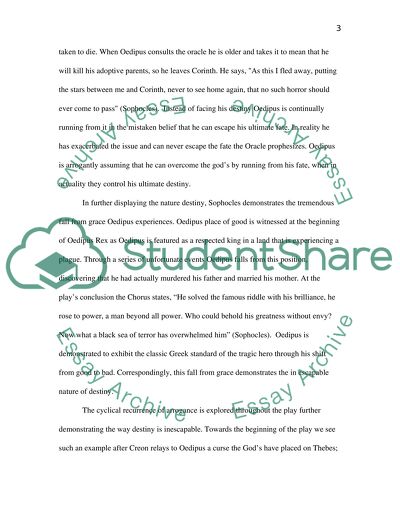Cite this document
(“Destiny does not make house-calls -Carlos Zafon Essay”, n.d.)
Destiny does not make house-calls -Carlos Zafon Essay. Retrieved from https://studentshare.org/literature/1455300-ypdestiny-does-not-make-house-callsy-carlos-zafon
Destiny does not make house-calls -Carlos Zafon Essay. Retrieved from https://studentshare.org/literature/1455300-ypdestiny-does-not-make-house-callsy-carlos-zafon
(Destiny Does Not Make House-Calls -Carlos Zafon Essay)
Destiny Does Not Make House-Calls -Carlos Zafon Essay. https://studentshare.org/literature/1455300-ypdestiny-does-not-make-house-callsy-carlos-zafon.
Destiny Does Not Make House-Calls -Carlos Zafon Essay. https://studentshare.org/literature/1455300-ypdestiny-does-not-make-house-callsy-carlos-zafon.
“Destiny Does Not Make House-Calls -Carlos Zafon Essay”, n.d. https://studentshare.org/literature/1455300-ypdestiny-does-not-make-house-callsy-carlos-zafon.


